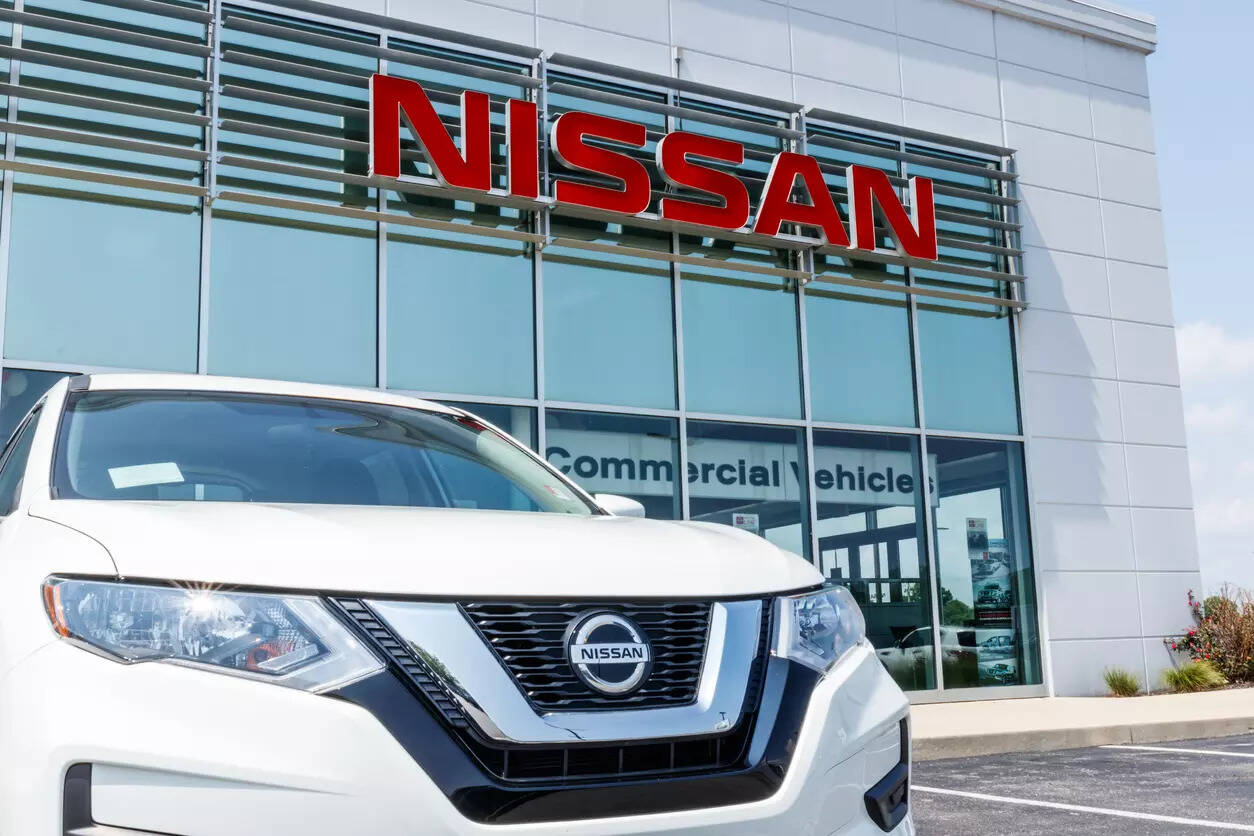
New Delhi: Nissan has achieved a new milestone in engine production at its Yokohama factory in Japan. The Yokohama Plant, which began operations two years after Nissan’s establishment in 1935, has produced its 40 millionth engine, reported a digital media outlet.
The plant produced its 10 millionth engine in 1976, its 20 millionth in 1986, and its 30 millionth in 1997. Tamiyo Wada, plant manager of the Yokohama Plant, stated that Nisasn was able to reach the 40 million milestone thanks to so many customers around the world embracing Nissan cars.
The Yokohama Plant, which opened in 1935 as Japan’s first mass production plant, was meant to include the whole vehicle production process, from parts fabrication through final vehicle assembly. In three sites encompassing around 540,000 square metres, the facility now manufactures major automobile components such as engines, electric motors, and suspension elements. The factory employs the Alliance production Way (APW), which employs a sophisticated quality control system to monitor throughout the manufacturing process in order to maintain efficiency and quality output.
In keeping with Nissan’s and the world’s move to electrification, the Yokohama Plant has been producing motors, including those for e-Power cars such as the Nissan Note, since the debut of the all-electric Nissan Leaf in 2010. Motors accounted for roughly 40% of Yokohama Plant production in fiscal year 2022.
As it approaches its 90th anniversary, the Yokohama Plant continues to play a key role in the advancement of Nissan’s cutting-edge manufacturing technologies. It not only manufactures motors and engines, but it also functions as a pilot plant for the development of powertrain production technologies with global applications.
A pilot line will be established in the plant next year to manufacture all-solid-state batteries.
(Source- Autocar Professional)

